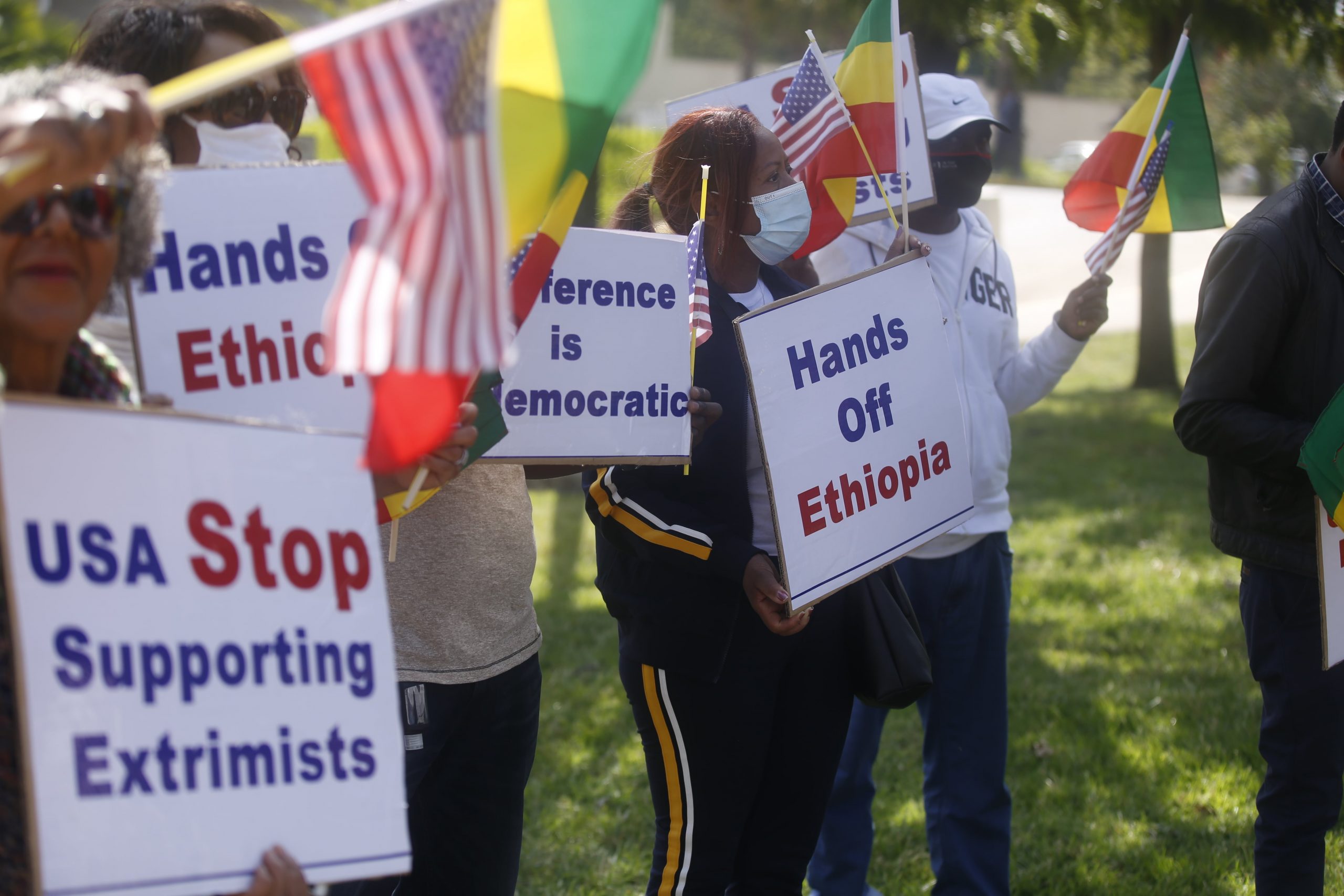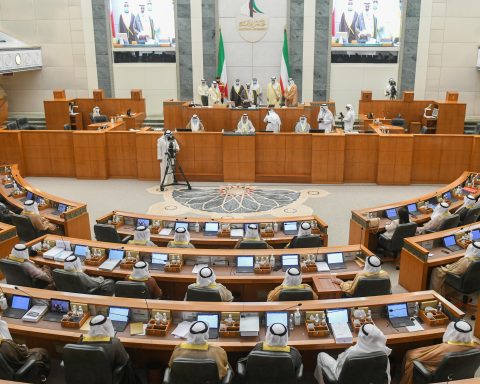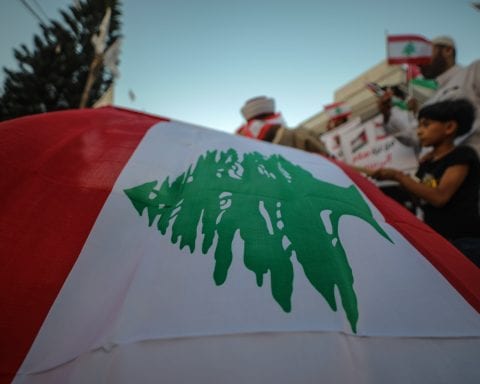Ambassador Jeffrey Feltman, the US Special Envoy to the Horn of Africa, visited Egypt, Eritrea, Ethiopia, and Sudan between 3 and 13 May to find a resolution to the recently escalating crises in the Horn of Africa. Feltman’s purpose with this visit was to establish a diplomatic initiative and coordination of US policies towards the region with a view to finding a sustainable solution to the interconnected Sudan-Ethiopia border dispute, the Tigray conflict, and the filling and operation of the Great Ethiopian Renaissance Dam (GERD).
The US approach to Tigray was to force Eritrea to withdraw its soldiers from this region and for Ethiopia to find a solution to the humanitarian crisis by ending the conflict. In this respect, by referring to the reports about the humanitarian crisis prepared by international human rights organizations in the region, the United Nations Security Council is making efforts to bring about a settlement to the crisis. In this context, Feltman, who was appointed by the Biden administration in April, conducted shuttle diplomacy between Egypt, Eritrea, Ethiopia, and Sudan with a nine-day tour of the Horn of Africa.
The agenda items in Feltman’s visit to Eritrea included the Tigray conflict in Ethiopia and the ongoing Al-Fashaga border issue between Sudan and Ethiopia. The main agenda item of the Isaias Afwerki and Feltman meeting, which lasted about four hours, was the withdrawal of Eritrean soldiers from the Tigray region and the resolution of human rights issues. At the end of the meeting, Afwerki emphasized that Eritrea wanted to work closely with the US to resolve the crises in the Horn of Africa. During Feltman’s visit to Ethiopia, it was reported that the US was concerned about the humanitarian crisis that broke out as a result of the conflict in Tigray since November 2020. As a matter of fact, in the following process, US President Joe Biden also mentioned the same issue to Eritrea and Ethiopia, particularly the Tigray crisis.
Ethiopia previously rejected these allegations, denying that Eritrean forces were in the country. However, in a statement made by Abiy Ahmed in March 2021, he admitted that Eritrean soldiers were in Tigray and stated that they would begin to leave. From this point of view, it can be said that the relevant warnings of the US yielded concrete results. Billene Seyoum, Spokesperson for Prime Minister Abiy Ahmed, stated that “according to reports from the Ministry of Defense, Eritrean troops have begun to withdraw from Tigray.” In addition, it was emphasized in the statement that Eritrean soldiers, who participated in the war in Tigray, began to withdraw from the region in order to end international hostilities and to continue humanitarian access.
Many human rights violations and severe famines were reported in Tigray. It was also reported that, since the beginning of the conflict about seven months ago, nearly two million people had left their homes and millions more were in need of humanitarian assistance. Making a statement to the press against this background, Billene Seyoum denied the allegations that people were deliberately starved and stated that various organizations of the Ethiopian government, as well as the United Nations World Food Program, were trying to provide emergency food aid to the region. Seyoum also claimed that Ethiopia was under a planned diplomatic attack accusing the West of being “condescending in nature, often patronizing in tone, belligerent in approach, and destructive in the outcome.”
In addition, preparations continue for the elections that will be held on 27 June in Ethiopia. According to the news of the BBC, at the rally organized by the Major of Addis Ababa, Adanech Abebe, the supporters of Abiy Ahmed reacted to the US’ restriction on economic and security aid due to the Tigray crisis. More than 10,000 people attended the rally, carrying banners written in English, Arabic, and Amharic, with slogans such as: “US show us your neutrality”, “Ethiopia does not need a caretaker”, and “Fill the dam”, a reference to GERD, opposed by Egypt and Sudan.














